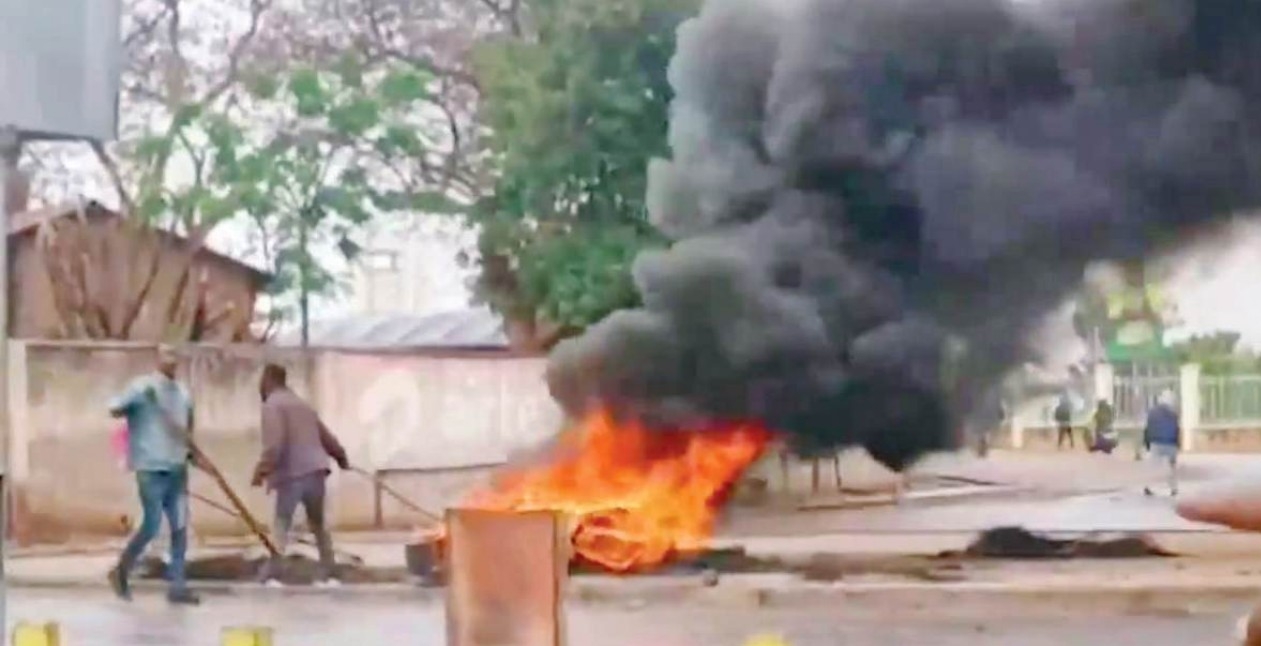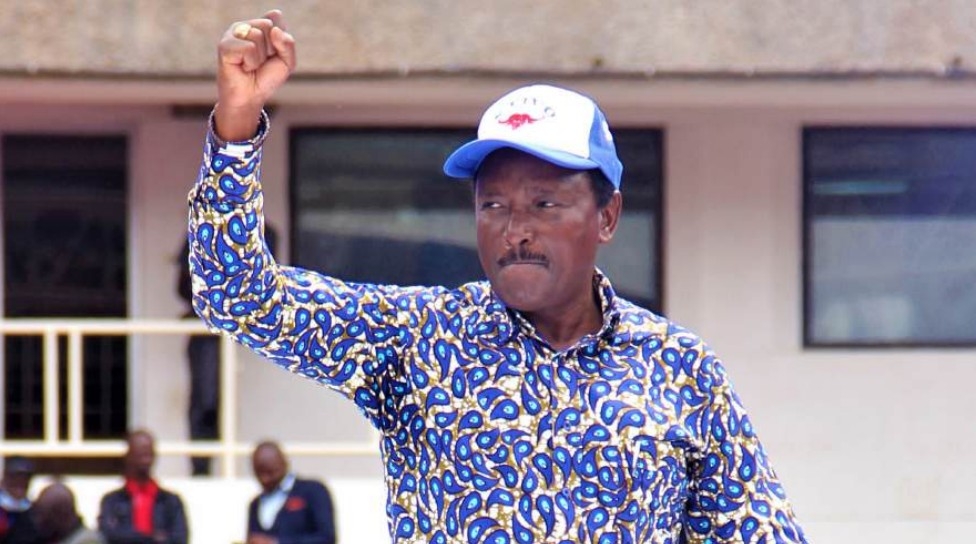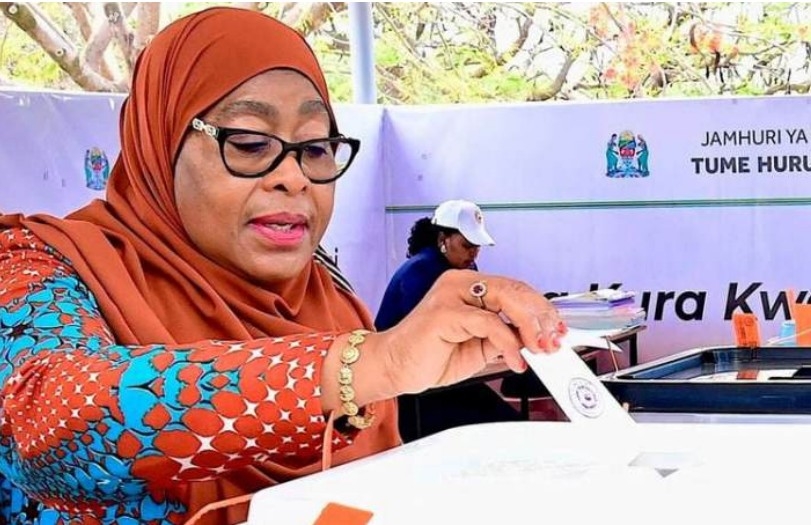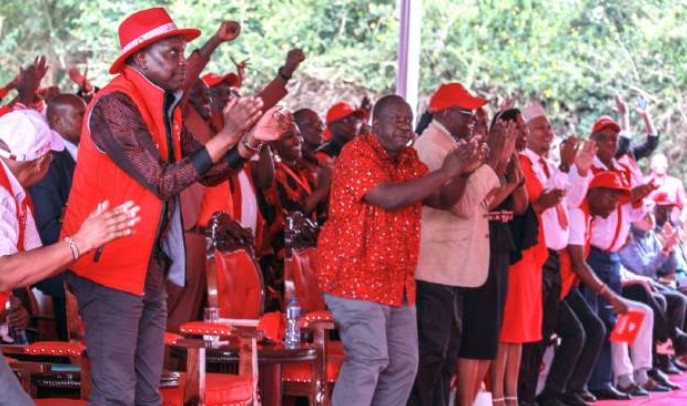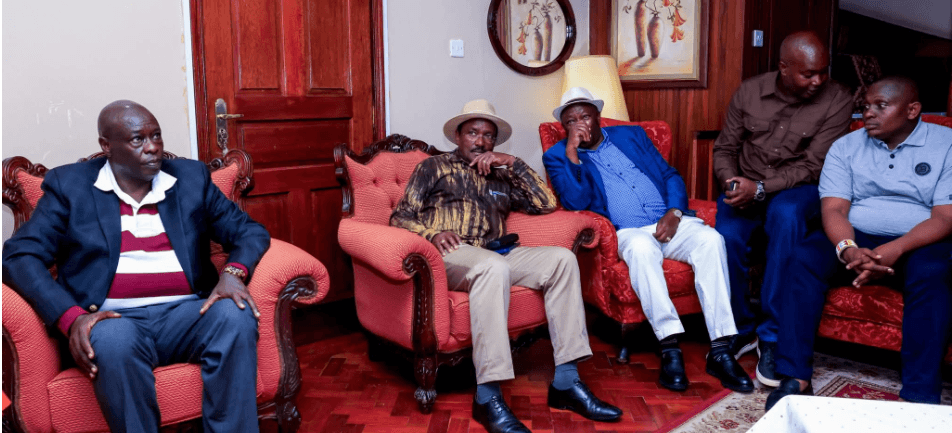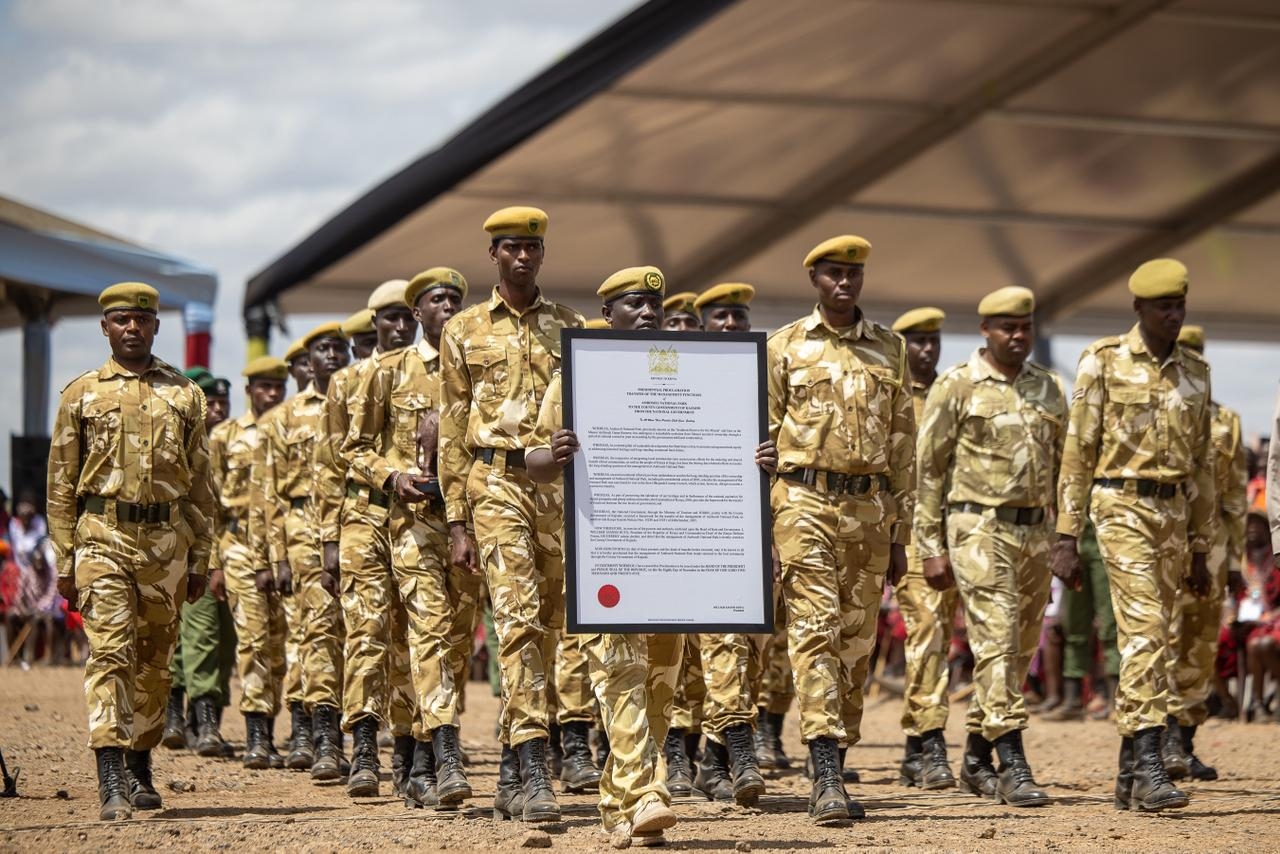
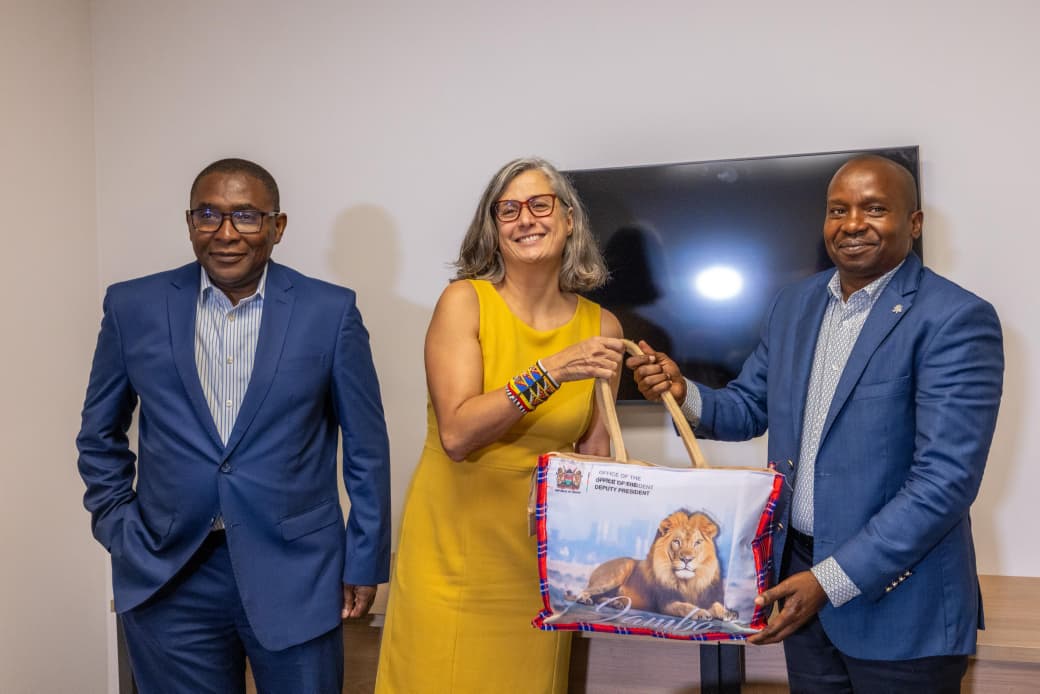
Kenya has earned international recognition for its ambitious
social housing projects and the Nairobi Rivers Regeneration Programme — two
landmark initiatives hailed as among the most transformative efforts in the
Global South to build climate resilience in urban areas.
Deputy President Kithure Kindiki said the programmes
represent the heart of the government’s development agenda, aimed at improving
the lives of urban poor communities while advancing environmental
sustainability.
Speaking on Saturday at the sidelines of the COP30
Conference in Belém, Brazil, Kindiki revealed that United Nations agencies had
commended Kenya for implementing locally driven solutions to urban climate
challenges.
“The UN agencies have lauded Kenya’s social housing
programme for the urban poor in Nairobi and the Nairobi Rivers Regeneration
Programme as the two most consequential measures ever taken in the Global South
to create climate resilience for the urban poor using domestically generated
resources,” he said.
The Deputy President met representatives from several UN
bodies, including the UN Climate Action Team, UN-Habitat, and the secretariat
of the UN Framework Convention on Climate Change (UNFCCC), where discussions
centred on strengthening partnerships to scale up Kenya’s climate adaptation
measures.
Kindiki also welcomed the Building Climate Resilience
with the Urban Poor (BCRUP) Programme — a joint initiative between Kenya
and Brazil — noting that it provides a vital framework to protect vulnerable
city populations from the growing impacts of climate change.
“The initiative seeks to cushion the urban poor against
climate shocks, including floods, drought, heatwaves, violent winds, and
landslides, while tackling underlying vulnerabilities such as poverty, limited
infrastructure, and weak governance frameworks,” he said.
The Deputy President called for a stronger, more coordinated
role for UN agencies in supporting climate adaptation among low-income urban
communities.
He emphasised the need for increased financing, technology
transfer, and capacity building to enhance resilience and promote sustainable
urban growth.
Kindiki further proposed that the United Nations General
Assembly adopt a resolution on climate resilience for the urban poor,
integrating the principles of the BCRUP initiative into the outcomes of the
COP30 deliberations.
Representing Kenya at the global climate summit, the Deputy
President urged that Kenya be granted an opportunity to report periodically to
the UN General Assembly on the progress of the joint programme.
He reaffirmed the government’s commitment to advancing
climate action that not only safeguards the environment but also delivers
tangible social and economic benefits to its most vulnerable citizens.


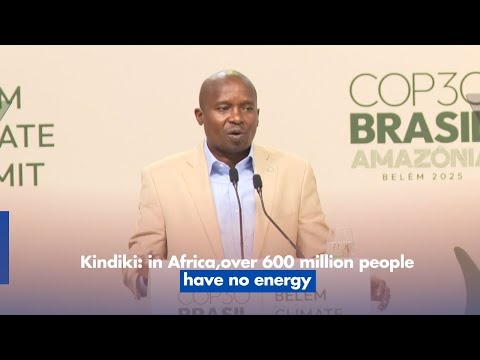
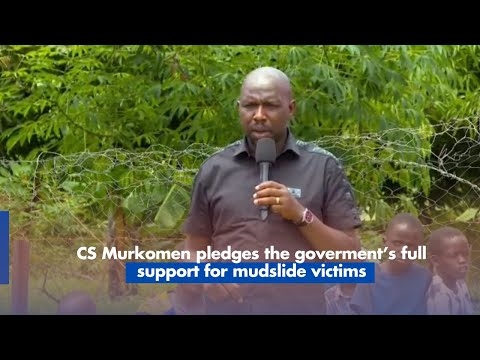


![[PHOTOS] Ruto dazzles in colourful maasai outfit](/_next/image?url=https%3A%2F%2Fcdn.radioafrica.digital%2Fimage%2F2025%2F11%2F8ccfbfe5-a43a-49b3-88f4-b99a41be4594.jpeg&w=3840&q=100)

